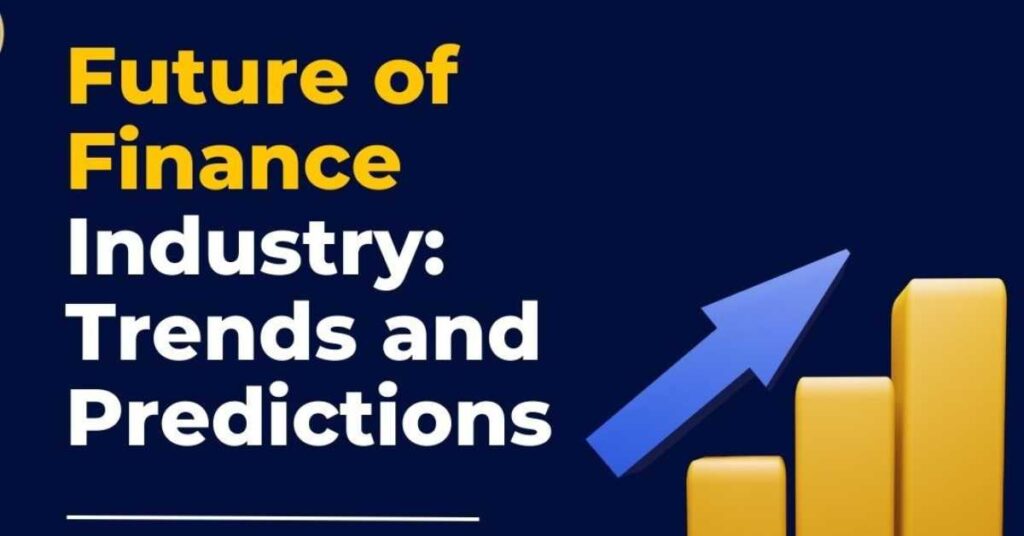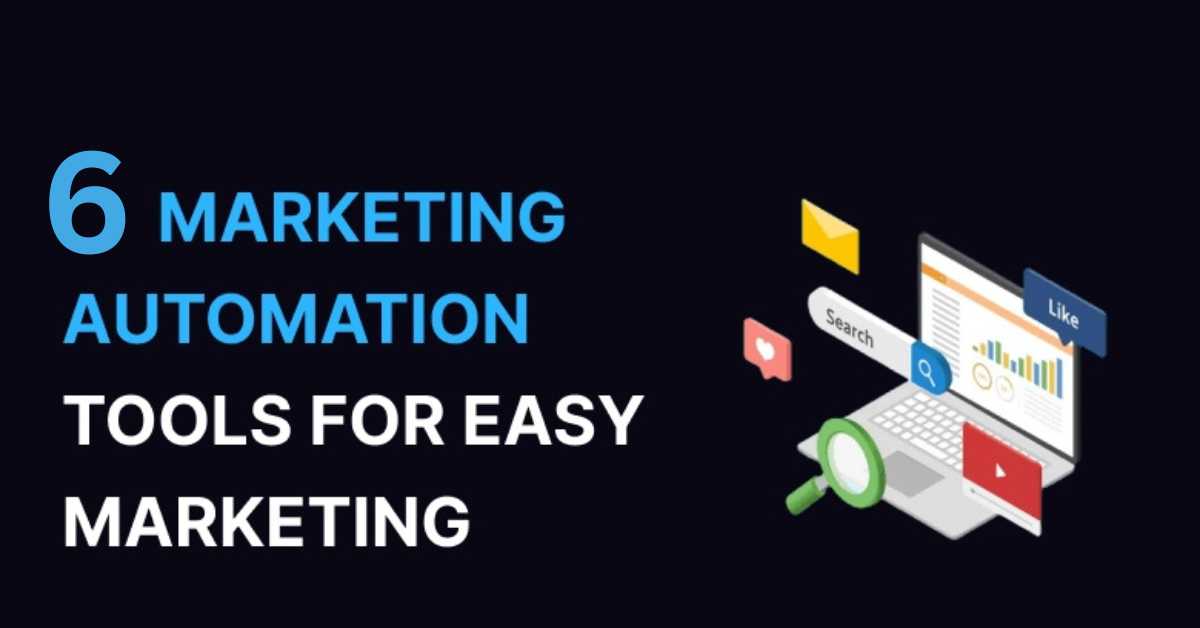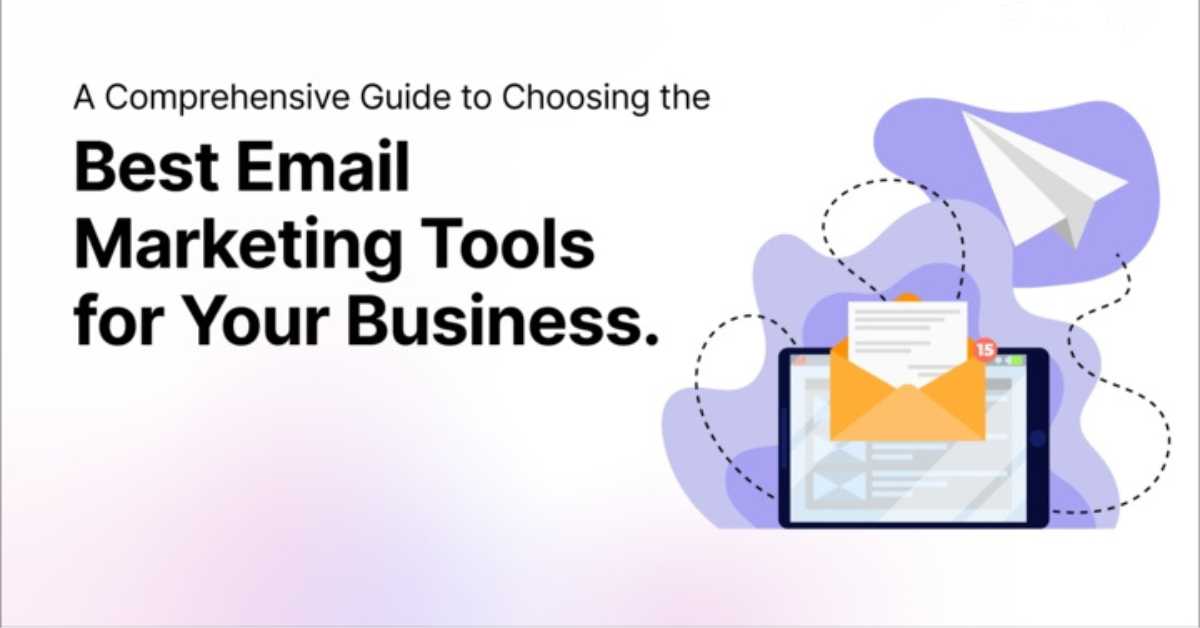Email: [email protected]


The financial industry is poised for a seismic shift, driven by the confluence of technological advancements, changing consumer behaviors, and evolving regulatory landscapes. This revolutionary era is redefining the fabric of finance, necessitating adaptability and innovation from financial institutions.
The rise of fintech, digital payments, and mobile banking is transforming the way we interact with financial services. Meanwhile, emerging technologies like artificial intelligence, blockchain, and cloud computing are reimagining the backbone of finance. As consumer expectations shift towards seamless, secure, and personalized experiences, financial institutions must prioritize digital transformation and customer-centricity.
Furthermore, evolving regulatory requirements and compliance mandates demand agility and resilience. By embracing these trends and innovations, financial institutions can unlock new opportunities, drive growth, and create a more sustainable, secure, and customer-centric financial ecosystem.
The payment landscape is undergoing a significant transformation, driven by the proliferation of contactless transactions, mobile wallets, and cryptocurrencies. Digital payments are becoming the new standard, offering unparalleled convenience, speed, and security. Financial institutions must evolve to meet the escalating demand for seamless payment experiences, leveraging technologies like NFC, QR codes, and biometric authentication.
The rise of mobile wallets like Apple Pay, Google Pay, and Samsung Pay is further accelerating this shift. Moreover, cryptocurrencies like Bitcoin and Ethereum are introducing new opportunities for cross-border payments and micropayments. By embracing digital payments, financial institutions can enhance customer satisfaction, reduce costs, and stay competitive in a rapidly changing market.
Artificial intelligence (AI) is revolutionizing the financial industry by enhancing operational efficiency, elevating customer experiences, and informing data-driven decisions. AI-powered chatbots are providing 24/7 customer support, while machine learning algorithms are automating tasks, detecting fraud, and optimizing risk management.
Predictive analytics is enabling financial institutions to forecast market trends, identify new business opportunities, and personalize customer offerings. Additionally, AI-driven automation is streamlining processes, reducing manual errors, and increasing productivity. By embracing AI, financial institutions can gain a competitive edge, improve customer satisfaction, and drive business growth.
Blockchain technology is transforming the financial landscape by providing a secure, transparent, and trusted infrastructure for transactions. Distributed ledger technology enables real-time settlement, reduces counterparty risk, and increases operational efficiency. Blockchain’s immutable nature ensures the integrity of financial data, while its transparency facilitates regulatory compliance.
Cross-border payments are becoming faster and cheaper, while supply chain finance is gaining greater visibility and security. Moreover, blockchain’s decentralized architecture enables peer-to-peer transactions, smart contracts, and tokenization, opening up new avenues for innovation in trade finance, securities settlement, and digital assets.
The open banking movement is transforming the financial landscape by fostering collaboration between financial institutions, fintechs, and third-party providers. This shift towards openness and interoperability is driving innovation, enhancing customer experiences, and promoting financial inclusion. By sharing data and APIs, organizations can develop new products, services, and experiences, increasing competition and choice.
Open banking enables secure, standardized data sharing, allowing customers to control their financial data and access a wider range of services. This movement is revolutionizing the way financial institutions operate, driving digital transformation, and creating new revenue streams.
Click on the next page button to continue enjoying the article!












To provide the best experiences, we and our partners use technologies like cookies to store and/or access device information. Consenting to these technologies will allow us and our partners to process personal data such as browsing behavior or unique IDs on this site and show (non-) personalized ads. Not consenting or withdrawing consent, may adversely affect certain features and functions.
Click below to consent to the above or make granular choices. Your choices will be applied to this site only. You can change your settings at any time, including withdrawing your consent, by using the toggles on the Cookie Policy, or by clicking on the manage consent button at the bottom of the screen.
